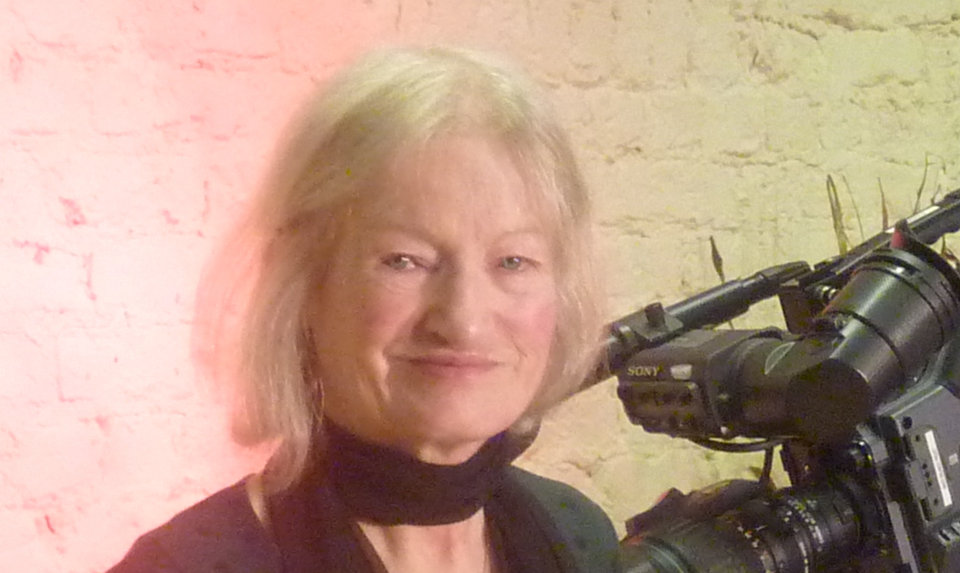Father Wilson grew up in the mixed community Ormeau Road area in south Belfast.
“Belfast, to us, was an amazing place. When I was growing up I was very fortunate, I was able to go to Saint Malachys Grammar School and I was able to say what I wanted to do. Very few people were able to do that. I wanted to be a scientist or a journalist.”
Growing up during World War Two played a huge part in Father Wilson’s decision to join the clergy,
“Like a number of the students at that time, we thought the church had the answer to a lot of problems and that by entering more fully into the life of the church, we could help to solve those problems and that we would make a new world”
At the beginning of his time with the clergy, Father Wilson recalls great integration between the Catholic and Protestant church.
“It was quite difficult to get over this awful thing of segregation. We used to have clergy meetings in the college and these were reasonably successful. The 1960s were very optimistic times where people really believed we were going to get a new deal.”
In 1966, Father Wilson was assigned to the Ballymurphy area in west Belfast.
“That area was in the most unfortunate position. I don’t know of any area anywhere, that I’ve had any knowledge of that. The people did so much to show what their condition was and to try to do something about it. There was poverty, bad housing, there wasn’t any possibility of any source of wealth creation being put into that area. The authorities at that time wouldn’t listen to any plea for improving the situation.”
Father Wilson experienced the good will and nature of the Ballymurphy community first hand,
“In the early 1970s when terrible things were happening, people simply couldn’t be sure when they left their house in the morning that they’d come back in the evening.”
After providing comfort to a local family, whose young son had been shot by military fire, Father Wilson left to go home for the evening.
“As I was going out I suddenly became conscious of the fact there were a number of women who had formed themselves around me and never said a word. You could hear people shouting away in the distance. That was the kind of community you had. There were people killed who were actually doing nothing other than trying to drag fellow members of their community into safety.”
When asked about the dangers of west Belfast, Father Wilson reflects,
“I don’t think people realised how deep and awful was the prejudice against their own people. The only difference between them was a difference in income. To say that Catholics would look after fellow Catholics and that Protestants would look after fellow Protestants that was not so and we learned that very tragically as time went on.”
One of Father Wilson’s greatest passions was education, which he established through the Springhill Community House.
“There was nothing on offer except space. We realised that what we really needed was free space, in other words, space where people could say what they liked and could plan whatever they wanted to do to improve their own situation. Classes began and the real insight was you don’t tell people what to do, you ask them what they want to do and say, can I help you?”
His passion for education resources for the community resulted in the development of the Conway Mill Education Project.
“From the very beginning, it was agreed that one floor of that mill would be used to foster community education and for free. As time developed a tremendous amount of antagonism occurred and the mill project was opposed. It became an international issue, the funding, until eventually they had to give in. A package was put together consisting of around £4,500,000 for refurbishing the mill.”
On the development of education in today’s society Father Wilson comments,
“It’s not so easy to exclude children from schools now, it was unbelievably easy in the 1970s. Also, it’s not so easy to discriminate against a person in employment, that’s changed. In certain areas of this city people are taking it for granted that they have as much right to go to universities as anybody else, it took quite a while for people to realise that university could be for them”.
During the start of the Troubles in 1969 Father Wilson took part in an iconic walk along a smouldering Bombay Street in west Belfast.
“It was absolutely shocking and terrible, I walked with Sydney Callaghan, a Methodist Minister, and we were absolutely furious with rage at what we saw. On the one hand there was the rage, but on the other hand there was the example of people who decided that the right response to what happened on Bombay Street was to rebuild the place. So there were a lot of good things coming out of that awful situation.”
On his personal desires for the future of Ballymurphy, Father Wilson says,
“I would love to see a source of wealth creation because it would transform the whole situation. The other possibility would be that gradually small enterprises would amalgamate and flourish. I believe that west Belfast has the potential of becoming one of the most beautiful and most prosperous areas of Belfast”.




